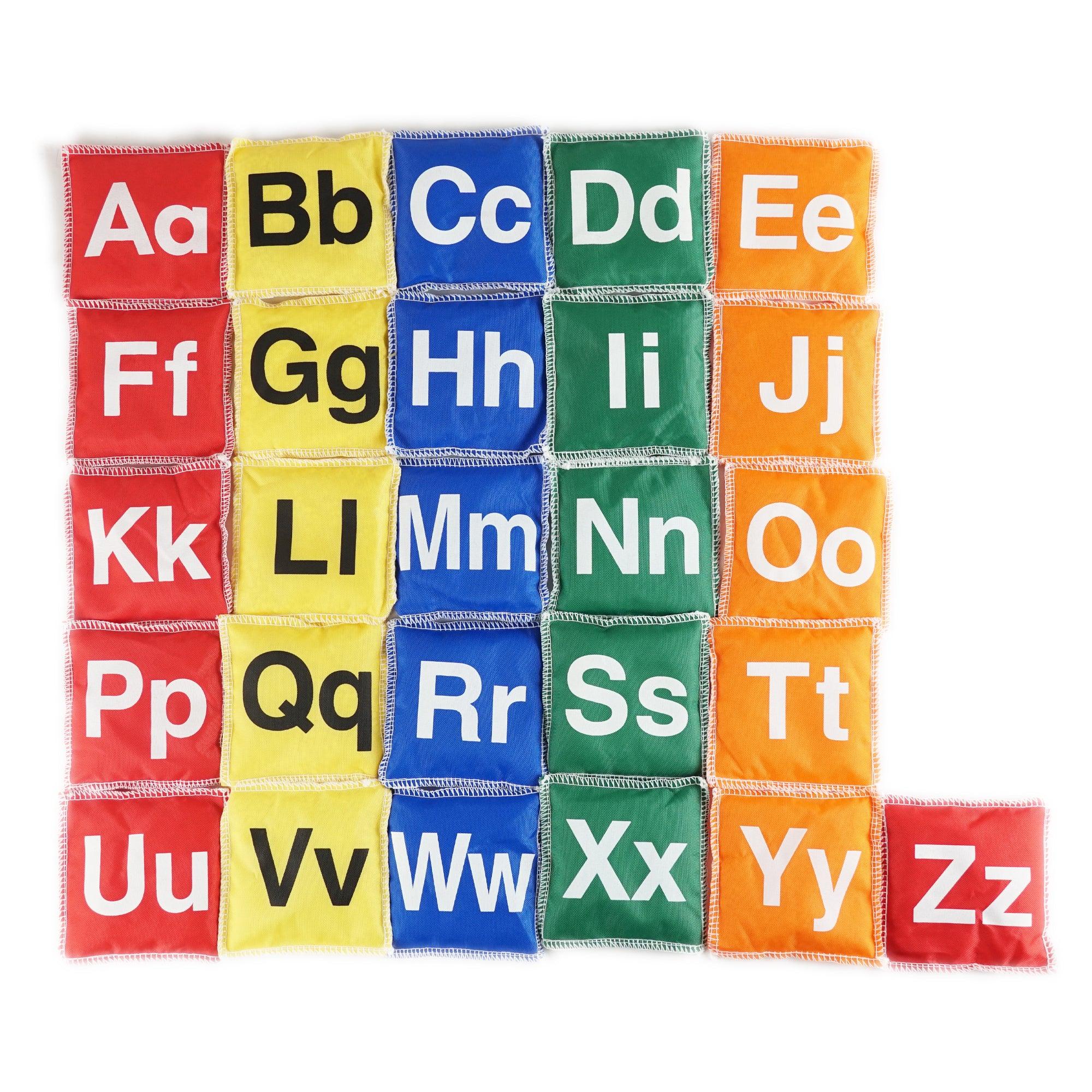The Relationship Between Toys and Social Identity Development
Introduction
Toys play a vital role in a child’s life, not just as entertainment but also in shaping their understanding of the world and their social identity. From an early age, children develop a connection with toys that goes beyond mere playtime. In this blog article, we will explore the fascinating relationship between toys and social identity development.
The Influence of Toys on Social Identity
1. Toys as Reflectors of Society:
- Popular toys often reflect prevailing societal norms and values.
- Gender-specific toys, such as dolls for girls and action figures for boys, contribute to the formation of gender roles.
- Ethnically diverse dolls and figures promote societal inclusivity and cultural awareness.
2. Toys as Means of Self-Expression:
- Children use toys to express their interests, preferences, and aspirations.
- Toys can help children explore different roles and professions, shaping their future goals and ambitions.
- Through imaginative play, children develop their sense of self and explore different aspects of their identity.
3. Toys as Socialization Tools:
- Toys facilitate social interaction and cooperation among children.
- Playing with others using toys teaches children important social skills, such as sharing, taking turns, and resolving conflicts.
- Collective play with shared toys fosters a sense of belonging and community.
Features of Toys that Impact Social Identity Development
1. Diversity and Inclusion:
- Toys that represent various ethnicities, cultures, and abilities help promote acceptance and understanding of different identities.
- Companies that prioritize diversity in their toy products contribute to a more inclusive society.
2. Gender Neutrality:
- Toys that do not adhere to traditional gender stereotypes provide children with more freedom to explore their interests without limitations.
- Gender-neutral toys encourage the development of a more fluid and inclusive understanding of gender.
3. Educational Value:
- Toys that incorporate educational elements, such as puzzles, building blocks, and science kits, promote cognitive development and expand children’s knowledge.
- By engaging with educational toys, children gain a sense of competence and intellectual empowerment.
4. Positive Role Models:
- Toys featuring diverse and positive role models, such as strong female characters or successful individuals from different backgrounds, inspire children to aspire to be their best selves.
- Holding toys that represent admirable role models can boost children’s self-esteem and motivate them to achieve their goals.
Conclusion
As we’ve seen, toys are much more than sources of entertainment for children. They shape social identity development by reflecting societal norms, fostering self-expression, facilitating socialization, and featuring important inclusive features. By recognizing the influence toys have on children’s social identities, we can strive to create a more diverse, inclusive, and empowering toy industry.




